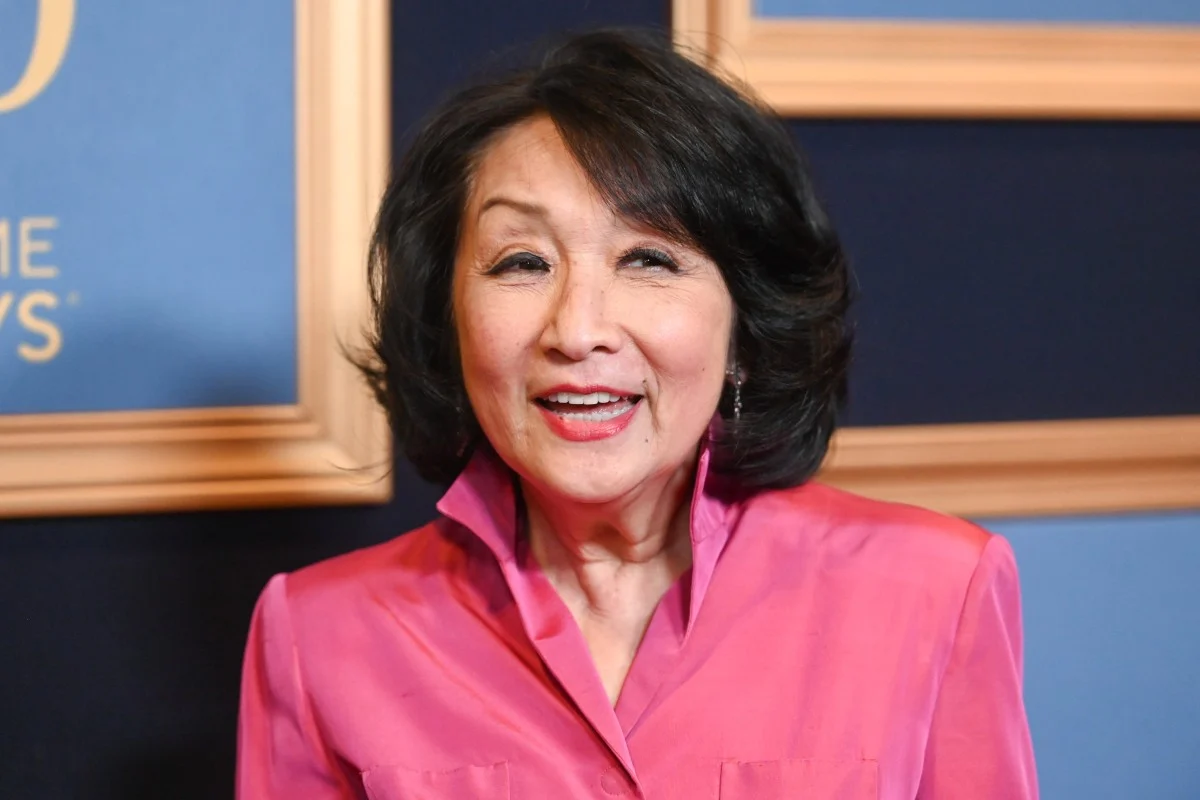Some public figures are honored with buildings or monuments bearing their names. For veteran broadcaster Connie Chung, her legacy includes inspiring hundreds of Asian-American women who share her name and even a strain of marijuana named after her. Five years ago, Chung learned about her unexpected influence from journalist Connie Wang, whose parents let her choose an American name as a child. Wang picked “Connie” after seeing Chung on TV—a choice many other Asian-American families made, hoping their daughters would emulate the accomplished journalist.
Chung was deeply moved when Wang shared this revelation. “I was flabbergasted,” she said. “I’m not a crybaby, but I really bawled.” This touching legacy, unbeknownst to her, had a profound impact, especially as Chung’s career broke barriers in the male-dominated world of television journalism.
Chung, now 78, reflects on her life and career in her new memoir, aptly titled Connie. She shares candid stories about her experiences, including encounters with sexism and racism, both of which shaped her journey in the media industry. Chung’s path was not an easy one. As the only surviving child of ten in a traditional Chinese family, she felt immense pressure to honor her family’s name. Her career took off in the late 1960s when CBS News hired her in part due to the industry’s push for diversity.
Despite her achievements, Chung faced constant scrutiny and pressure to prove herself. She recalls enduring grueling hours covering American politician George McGovern’s 1972 campaign, earning respect through sheer hard work. However, she also had to fend off advances from male colleagues and even faced inappropriate comments, which she skillfully deflected. “I always had to prove myself, every day was a test,” she says, describing the double challenge of being both a woman and a minority in a predominantly white, male industry.
Chung’s career highlights include reporting on significant events like the Watergate scandal and serving as a news anchor for CBS and NBC. Despite her impressive resume, she often felt pigeonholed into “women’s stories” or celebrity profiles, assignments that affected her professional reputation. Her stint as co-anchor with Dan Rather on CBS Evening News was particularly challenging, ultimately leading to her departure after just two years.
After stepping back from the limelight, Chung focused on her personal life, raising her son Matthew, whom she and husband Maury Povich adopted. Reflecting on her career, Chung admits she sometimes compromised her ambitions to avoid being labeled difficult. “I was a double dose of dutiful,” she says, acknowledging that her cooperative nature sometimes led her to accept roles she did not want.
Today, Chung embraces her unexpected legacy, which extends beyond journalism. She recently learned of a cannabis strain named after her and humorously reflected on its qualities. “I’m easy to grow, I create a lovely flower, and I’m low-maintenance,” she joked, adding that her husband, Maury, might not agree with the last trait.
Through her memoir, Chung hopes to inspire others by sharing her journey and the obstacles she overcame. While progress has been made, she reminds us that there is still much work to be done to achieve true equality in the workplace and beyond.
READ MORE:
